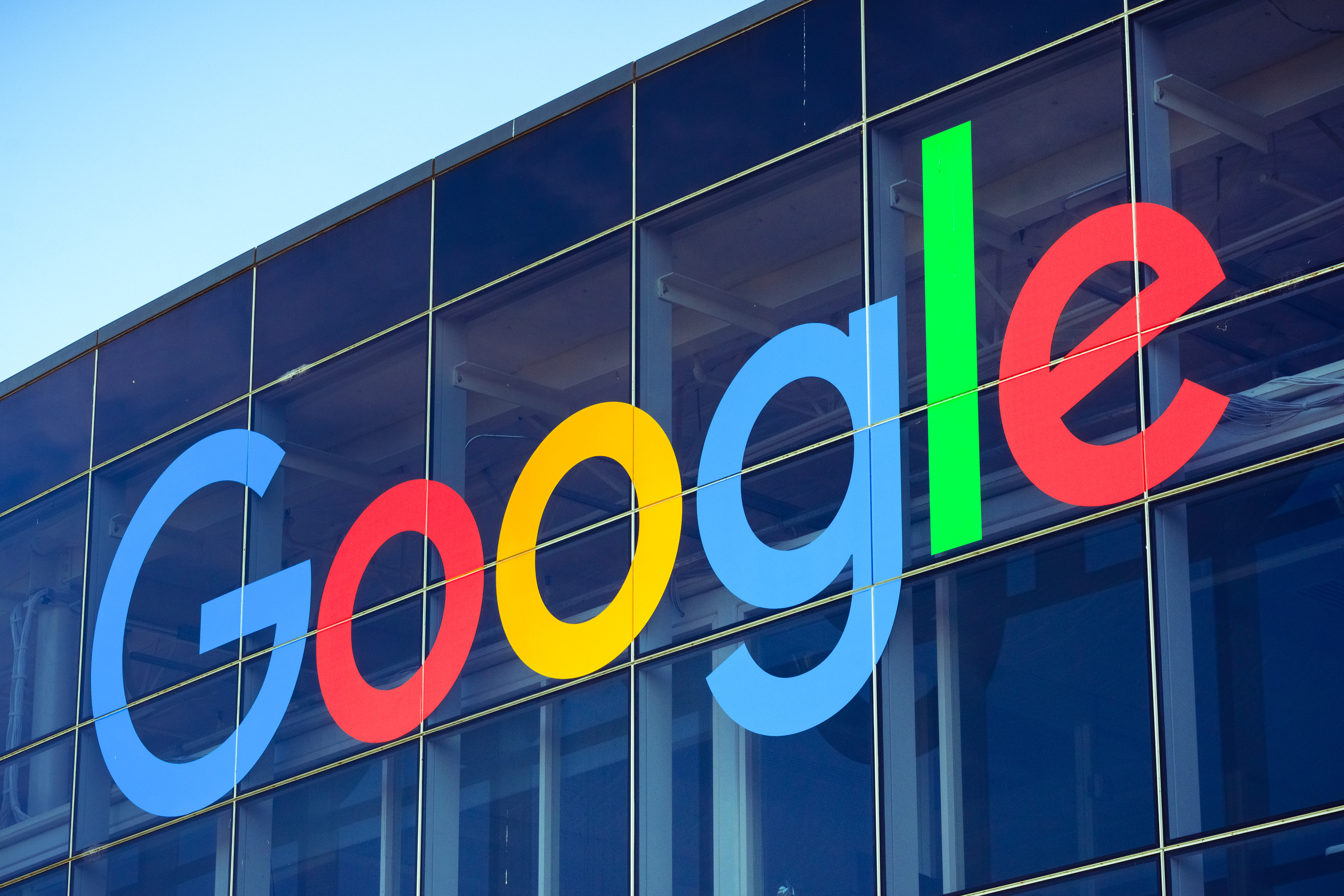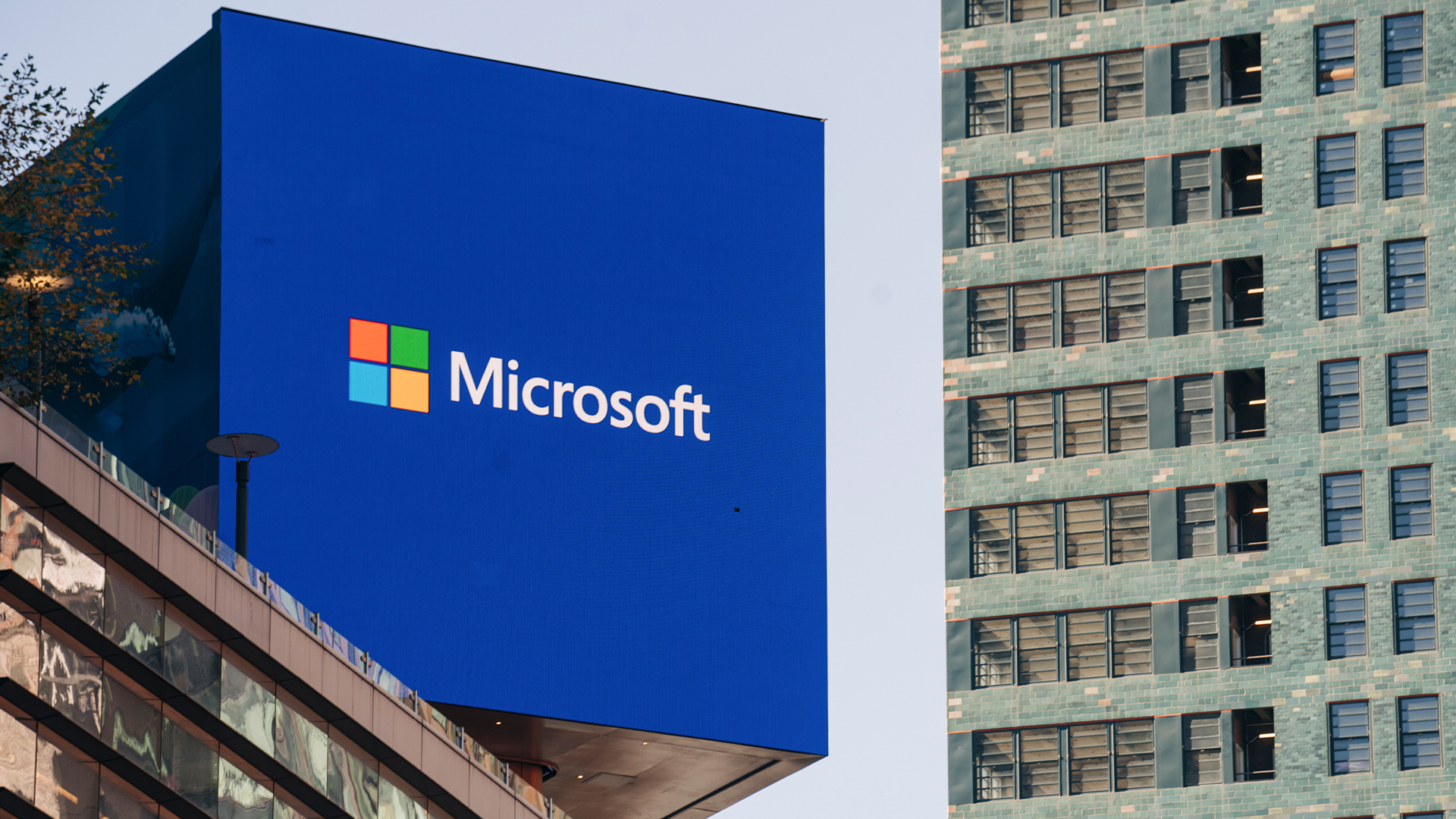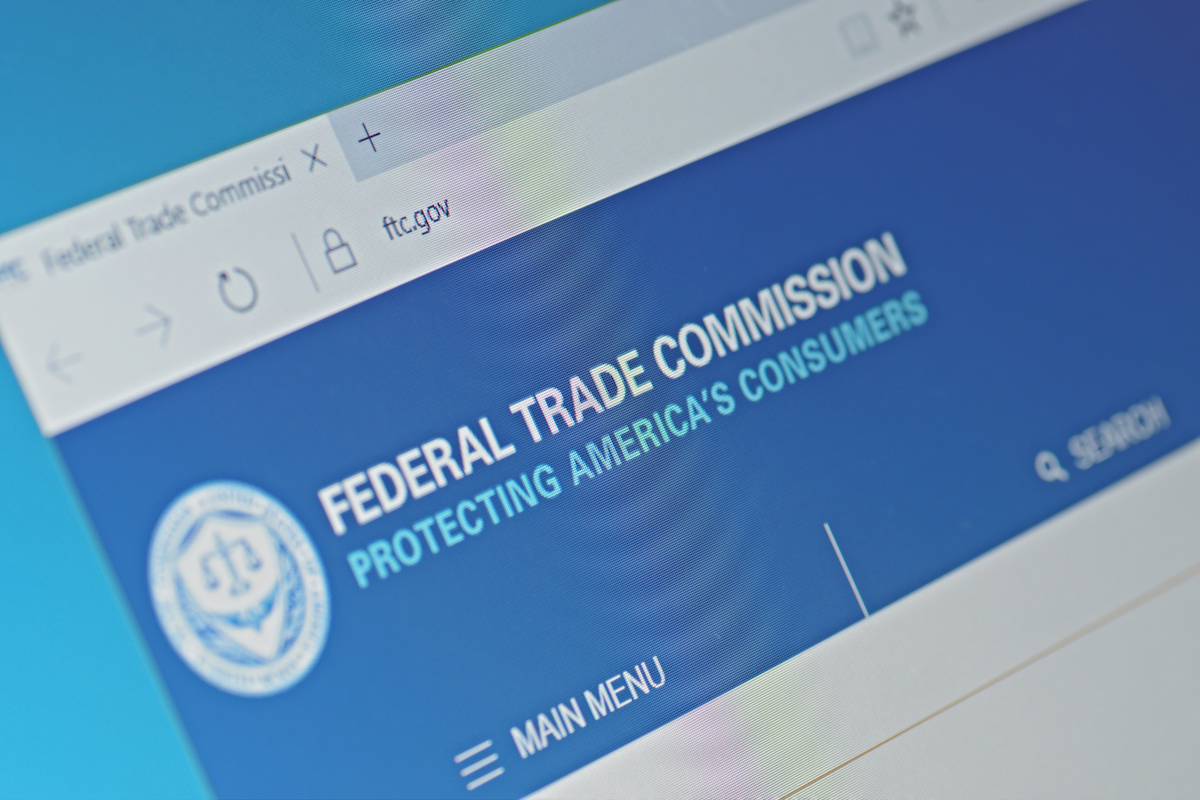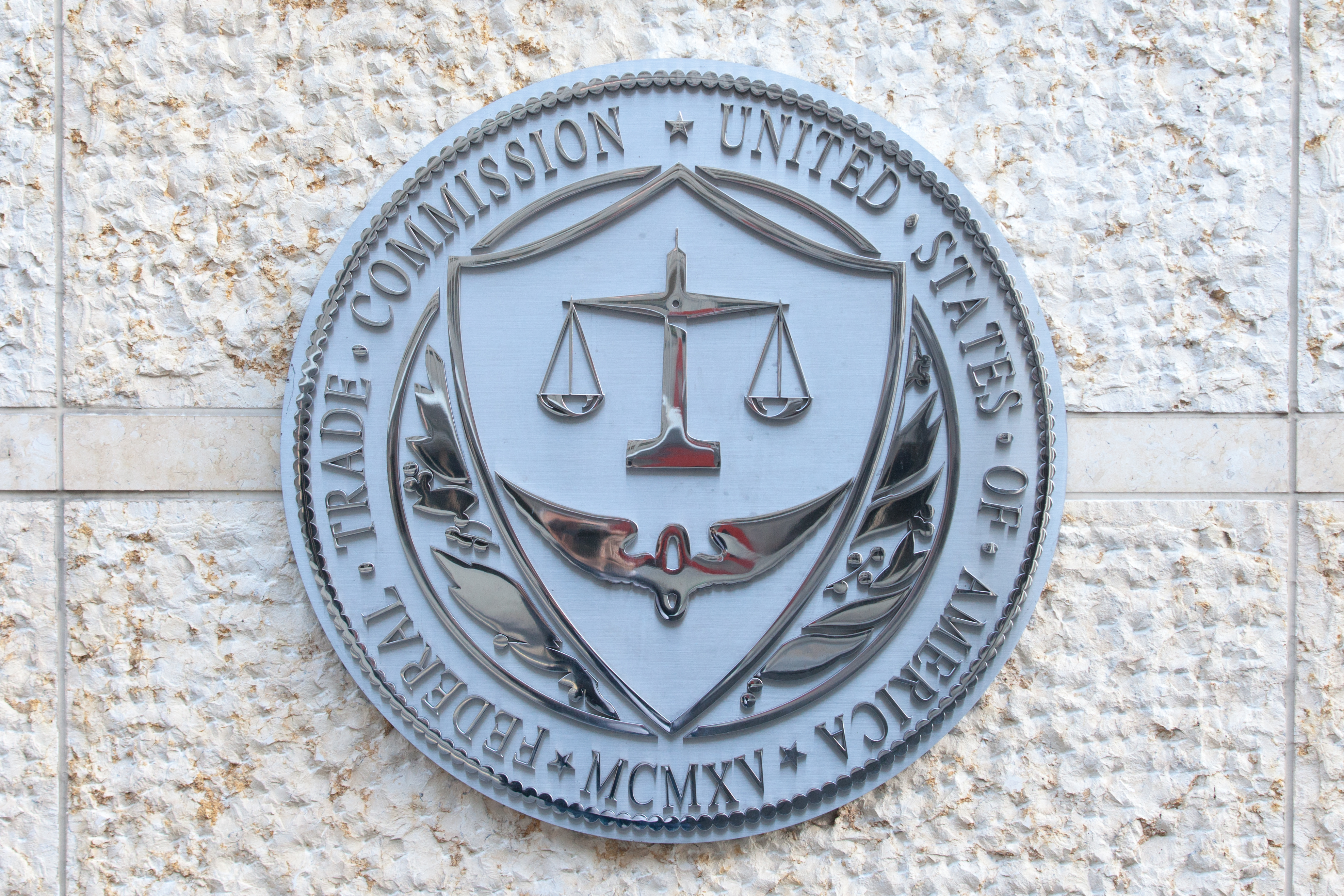Is this the beginning of the end for Google?
Google faces a major lawsuit for allegedly breaking competition laws, but what effect it will have on the search giant – if any – remains in doubt

Over the next few years, Google will face a massive uphill battle as it fights an antitrust lawsuit filed by the US Department of Justice in October. It stands accused of a range of antitrust violations.
In a court filing, the DoJ described Google as a “monopoly gatekeeper” and accused it of behaviours that “deny rivals scale to compete effectively”. Officials say legal action will ensure the company doesn’t use “anticompetitive and exclusionary practices” to dominate the search engine and online advertising sectors.
But while the allegations outlined against Google are serious, this court case will likely take several years to reach a verdict. However, there is already a great deal of debate about the lawsuit's outcomes and how they’ll affect Google in the long-term.
‘Damning’ investigations
Google, along with other large tech companies, is facing increasing scrutiny over the way it operates. In October, the US House Antitrust Committee released the results of an investigation into the dominant and anti-competitive behaviour of Google, Amazon, Apple and Facebook.
Jonathan Compton, partner at law firm DMH Stallard, tells IT Pro: “The Sub-Committee was damning in their findings which included charging exorbitant fees, imposing oppressive contract terms, buying out potential rivals and predatory pricing, to name but a few.”
He points out that the US government has several laws in its arsenal to rein in dominant corporations, and these could be used against Google in the future. “The US Federal Trade Commission (FTC) has powers under the Sherman Act 1890, the Clayton Act 1914 and the FTCA of 1914 to regulate market abuses. In the 1980s, AT&T was broken up. In earlier years we saw Standard Oil, American Tobacco and Microsoft all broken up (the last – Microsoft – reversed on appeal),” explains Compton.
Sean Wright, application security lead at Immersive Labs, agrees that the break-up of Google is a possible outcome of the lawsuit. He says: “My suspicions are that Google’s Search arm could be separated from the rest of its business. This would help address some of the concerns raised in the antitrust case. Hopefully if this does happen, it would help greater competition, and allow others to enter the market.”
Get the ITPro daily newsletter
Sign up today and you will receive a free copy of our Future Focus 2025 report - the leading guidance on AI, cybersecurity and other IT challenges as per 700+ senior executives
While it’s not clear how the case will conclude, Google should be concerned that companies found guilty of breaking antitrust laws can face enormous consequences. Gerard Pérez Olmo, a competition lawyer, explains that this issue is taken very seriously in the US.
He says: “In any case it is true that antitrust investigations in the US seem to be more dangerous for companies due to possible criminal penalties, and also subsequent collective actions for damages by affected companies, which sometimes are very aggressive.”
Jonathan Osborne, partner at corporate law firm Gunster, explains that a positive outcome for the US government could undermine Google’s dominance in the search market and enable new search engines to compete with it for the business of tech companies like Apple, LG, Samsung, AT&T, T-Mobile and Verizon.
“This could further affect the market by encouraging innovation by Google’s competitors and enhancing competition on advertising prices, privacy protections, and features among service providers,” he continues. “As for tech giants, the government’s lawsuit sends the message that the executive branches of the US and some state governments share the concerns that have been expressed by members of Congress and the governments of other countries around the world.”
Reputational damage
But it’s not just the legal results of the DOJ case that could be damaging to Google. After being accused of unfair business practices, its reputation has come under fire. Consequently, the firm has a lot of work to do if it wants to convince the world that it's still a fair and ethical business.
Jennifer Crowley, client partner at digital transformation firm Kin + Carta Connect, says the search giant should return to its earlier Don’t Be Evil principles. “What’s meant by this of course was ‘do the right thing’ and that’s exactly what Google needs to do if it’s to emerge from the antitrust hearings (relatively) untarnished,” she says. “This means [it] should look inwards at how it can balance people, profit and planet.”
If Google doesn’t take practical steps to improve its public image, the reputational damages could be vast and irreparable. “Gen Z has been the first generation of consumers to grow up willing and able to open the hood of a brand and see the rusty mechanics within. Increasingly, these customers put stock on brand purpose and consequently, Google faces public scrutiny, as well as the Justice Department,” she says.
“As one of the most successful brands in the world and one with more scale to do good than nearly any other, Google has too much to lose not to take a leadership position on ethics and sustainability. The business has already demonstrated it has the will to put its money where its mouth is through its carbon offset initiative. Now it’s up to Google to convince us this stems from its ethos, rather than corporate necessity.”
Google will survive
As one of the world’s most influential companies, Google is unlikely to go out of business due to this antitrust case. Jake Moore, a security specialist at ESET, says: “Google is sued multiple times a year but this particular case is slightly more unusual than what we normally see. Antitrust is currently a huge problem but it will still take a lot more than this to begin the end of the technology giant’s reign.
“They are big enough to withstand even the most powerful attacks, which [is why it] has the largest share of the market. If fines are required, whatever the value will be a drop in the ocean to parent company Alphabet’s pot of cash.”
However, although Google will likely survive the case, holding large tech companies to account is still important and will benefit the whole tech industry. Moore explains: “When companies take a clear monopoly in a market, the inevitable response from others is to try and take it down a peg or two.
“This will no doubt be a good stab when trust is a favourable buzzword of current times, but I don’t think we will see Google taking much of a damaging impact. The most positive outcome will see laws change on how information is delivered and what we usually see is when Google starts to change direction, other companies are quick to follow suit.”
The US justice department’s lawsuit against Google is undoubtedly an extraordinary moment in the tech industry. While Google should pull through at the end of the case, it will undoubtedly face several years of vicious court battles. Whether Google is broken up, slapped with a huge fine or let off the hook, the case will still have lasting effects in the broader tech industry.
Nicholas Fearn is a freelance technology journalist and copywriter from the Welsh valleys. His work has appeared in publications such as the FT, the Independent, the Daily Telegraph, the Next Web, T3, Android Central, Computer Weekly, and many others. He also happens to be a diehard Mariah Carey fan. You can follow Nicholas on Twitter.
-
 Intune flaw pushed Windows 11 upgrades on blocked devices
Intune flaw pushed Windows 11 upgrades on blocked devicesNews Microsoft is working on a solution after Intune upgraded devices contrary to policies
By Nicole Kobie
-
 Asus ZenScreen Fold OLED MQ17QH review
Asus ZenScreen Fold OLED MQ17QH reviewReviews A stunning foldable 17.3in OLED display – but it's too expensive to be anything more than a thrilling tech demo
By Sasha Muller
-
 FTC bans SpyFone and orders company to quit surveillance app business
FTC bans SpyFone and orders company to quit surveillance app businessNews Complaints of stalkerware force action
By Rene Millman
-
 Civil rights groups ask the FTC to stop Amazon surveillance
Civil rights groups ask the FTC to stop Amazon surveillanceNews Ring presents potential facial recognition nightmare, say critics
By Danny Bradbury
-
 Google delays phase-out of Chrome’s third-party cookies
Google delays phase-out of Chrome’s third-party cookiesNews Chrome users will be subject to third-party tracking for at least 18 months longer than expected
By Sabina Weston
-
 Big tech critic Lina Khan becomes new FTC chair
Big tech critic Lina Khan becomes new FTC chairNews The antitrust researcher was sworn in yesterday, a move welcomed by legislators looking to address big tech’s growing market power
By Zach Marzouk
-
 FTC launches widespread investigation into tech companies' practices
FTC launches widespread investigation into tech companies' practicesNews Commission votes 4-1 on a sweeping foray into advertising, privacy, and content moderation
By Danny Bradbury
-
 FTC may file an antitrust lawsuit against Facebook
FTC may file an antitrust lawsuit against FacebookNews Sources claim the FTC’s probe concerns Facebook’s past acquisitions
By Sarah Brennan
-
 Google Chrome team to use racially neutral code
Google Chrome team to use racially neutral codeNews Google Chrome team will move away from words like “blacklist” and “whitelist”
By Sarah Brennan
-
 Google drops key patent claims against Microsoft
Google drops key patent claims against MicrosoftNews Search giant axes Motorola Mobility patents from ongoing legal tussle with arch-rival.
By ITPro